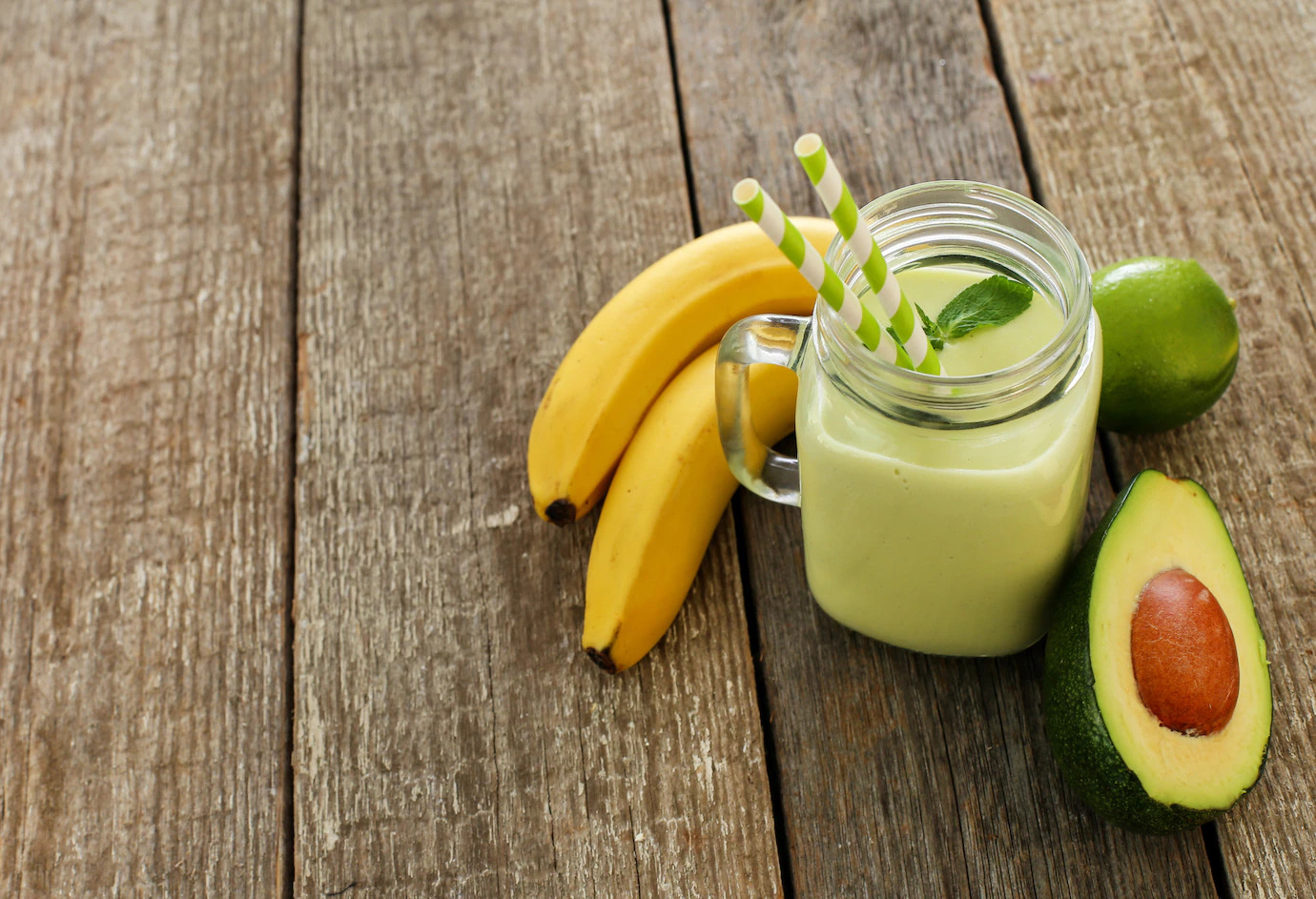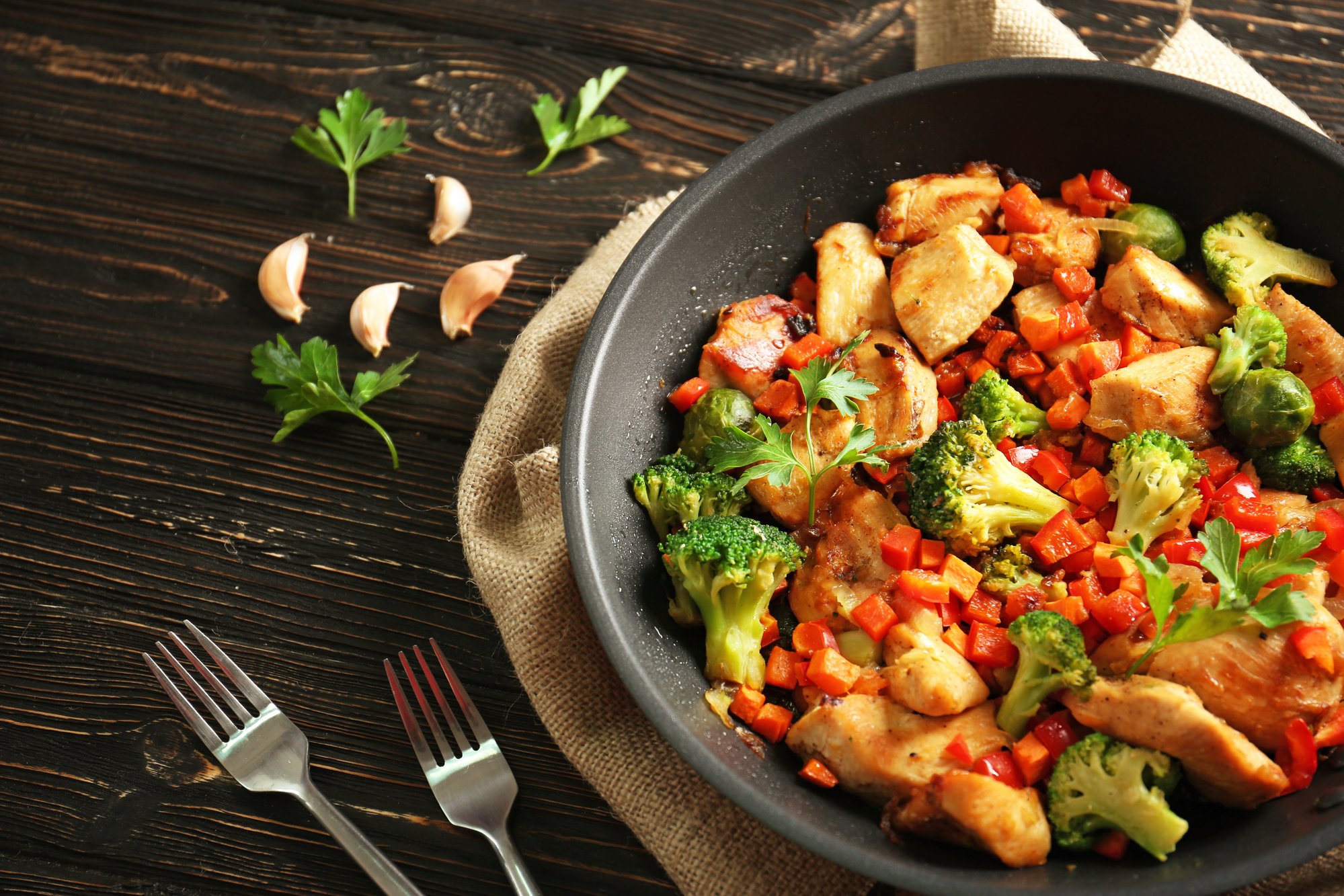BEST AND WORST FOODS TO EAT FOR TMJ RELIEF Written By: Dr. Ankita Shah, 15 October 2023

TMD, which is often referred to as Temporomandibular or Jaw Joint disorders, is often a holistic whole-body disorder. Your posture, hormones, and diet also have a strong influence on the TMJ.
Simply eating a nutritious meal is not enough for people who suffer from TMJ disorder. Even consuming the wrong foods could lead to painful flare-ups, aggravating the TMJ symptoms and worsening your condition.
Certain Foods can increase TMJ pain, and some foods can decrease TMJ pain. In this health guide, we’ll focus on foods that can help you ease TMJ symptoms and offer relief from the constant discomfort and aches. We will also talk about which foods to avoid TMJ pain.
If you’re tired of living with TMJ pain, it’s time to take control. Discover how a diet designed for TMJ relief can help you feel better and live life to the fullest. Take the first step towards a healthier, pain-free life.
A] Foods to ease TMJ Pain
You can include the following food options in your diet for TMJ pain relief:
Liquids:
A liquid diet is ideal for people experiencing a TMJ disorder flareup. It is also very beneficial when your jaw locks up, making it difficult and painful to chew food. A liquid diet could consist of juices, smoothies, soups, and purees will help ease the pain felt while chewing. Make sure you have your proteins, carbs, veggies and fruits all incorporated in these liquid diet options to help you heal faster. However, you should remember that processed store-bought drinks are heavy on sugar, which can increase inflammation resulting in jaw pain.
Soft Foods:
Soft foods, by definition, consist of food that is softer to chew and therefore doesn’t aggravate TMJ symptoms. Similar to fluids, a soft food diet will consist of meals made from vegetables, fruits, yoghurts, and eggs. On a soft food diet, you can try recipes such as scrambled eggs, yoghurt, hot cereals, well-cooked beans, soft chicken, mashed potatoes, oatmeals, cooked carrots, puddings, and custards.
Anti-Inflammatory Food:
Inflammatory foods can increase inflammation in the gut and joints of your body which can prevent the TMJ from healing. Foods that increase inflammation are refined carbs, processed foods, sugars, processed meats and fried foods. Try to include some anti-inflammatory foods in your TMJ diet like green tea, turmeric, peppers, avocados, artichokes, apples, beans, cherries, oily fish, leafy vegetables, and whole grains in your diet. An anti-inflammatory diet is not only great for TMJ health but also other conditions such as Asthma, Colitis, Psoriasis, Rheumatoid and Arthritis.
Nutrient Rich Food:
Foods Rich in Proteins: Proteins are excellent for rebuilding damaged muscles, which is indispensable for your TMJ Health. A high-protein diet for TMJ should include protein shakes, smoothies, eggs, almonds, milk, cottage cheese, quinoa, and fish.
Foods Rich in Magnesium Rich Foods: Food rich in magnesium is great for your nervous system. Magnesium deficiency has been associated with tense and spastic muscles, which can interfere with jaw movement, causing discomfort or pain. Bananas, avocados, dark chocolate, pumpkin seeds, spinach, tofu, whole grains, and leafy greens are rich in magnesium and could prove a great addition to your TMJ diet.
Foods Rich in Calcium and Vitamin D: Since TMJ is also associated with bone health, it is important to supplement your diet with foods that are rich in calcium and vitamin D. Foods such as almonds, chia seeds, broccoli, kale, mushrooms, and soybeans are rich in calcium and Vitamin D. You could also include fish in your diet, especially calcium and vitamin D rich fish such as sardines, salmon, mackerel, and tuna.
Foods Rich in B-Complex Vitamins: Food rich in B complex vitamins can help fuel your body with the energy required to deal with the chronic pain that accompanies the TMJ disorder. Vegetables, especially dark leafy vegetables such as spinach and kale are great sources of B complex vitamins. Other B complex vitamin foods to include in your diet are citrus fruits, watermelon, banana, soy milk, oysters, clams, salmon, mackerel, chicken, and red meat.
Foods Rich in Vitamin C: Vitamin C is known to boost the immune system and the production of collagen, both of which protect TMJ health. Guvauas, chilli peppers, sweet yellow peppers, parsley, kale, kiwis, broccoli, Brussels sprouts, papaya, and oranges are great sources of Vitamin C, making them ideal for a TMJ diet.
Mentioned above are some of the best foods for TMJ. Incorporating these into your diet can significantly relieve your TMJ pain. In the above TMJ foods to eat guide, we have also covered a list of foods and ingredients you can use to prepare soft and healthy food to ease your TMJ Pain.
Quick and Simple Nutrient Rich Recipes for TMJ:
1. Banana and Avocado Smoothie Recipe:

Ingredients:
1/2 avocado, 1 Banana, 4-5 leaves of Baby Spinach, 1 tsp Chia seeds, 5-6 mint leaves, 1 tsp Coconut oil, 1/2 tsp lemon juice, 300 ml water, 1/2 cup ice, 1 tsp cocoa powder.
Recipe:
Blend it all together until it is smooth.
2. Chicken and Broccoli Stir Fry:

Ingredients:
Chicken breast, salt and pepper to taste, soy sauce,worchester sauce, honey.
Recipe:
First, you have to season the chicken breast with salt and peppers, then saute it over medium-high heat.
Boil some broccoli for around 5-6 minutes.
Turn off the heat, and store the chicken aside.
Add some onion and garlic to the pan.
Saute the onion and garlic.
Now, add back the chicken and also add the blanched broccoli to the pan.
Use pre-made soy sauce, Worcestershire sauce, and honey to prepare a sauce mix, which you can add to the pan.
Mix it well and cook it thoroughly.
For more such healthy recipes that can help ease your TMJ pain, you can refer to our Instagram post dedicated to TMJ nutrition.
C] Foods to Avoid with TMJ
Now, we’ll focus on foods that you should avoid when you have TMJ pain or flare ups:
Hard and Crunchy Foods:
Both crunchy and hard food is difficult to chew and puts intense pressure on the jaw while eating. This kind of pressure on your jaw can aggravate your TMJ symptoms. And therefore, you should avoid crunchy and hard foods like popcorn, chips, peanut brittle, hard nuts, pizza crusts, uncooked vegetables, and large slices or pieces of fruits and vegetables.
Chewy foods:
Similar to crunchy food, chewy food can also exacerbate your TMJ symptoms. However, the cause of TMJ pain as a result of eating chewy food is a bit different. With Chewy food, your jaw has to work overtime in constant motion. It can worsen your TMJ pain. To avoid such pain and further worsening of symptoms, you should avoid chewy foods such as candies, chocolate bars with chunks of dry fruits, cereal bars, and beef jerky.
Inflammatory Foods:
As we have seen before, Inflammatory foods can cause several conditions, which include worsening TMJ pain. This makes it necessary to avoid such Inflammatory foods. You should avoid fatty and inflammatory foods such as soft drinks, punches, sweet snacks, food cooked in sunflower oil, fast foods, cakes, crackers, beef, and poultry.
Baked Goods:
Baked goods come in all forms! Some of them can be chewy, and others are crispy and crunchy, all of which can prove harmful to your TMJ health. Some of it can even stick to the top of your mouth, making you go through extra jaw movements. You should avoid baked goods such as bagels, pastries, pretzels, cookies, cinnamon rolls, and biscuits.
Also, keep in mind that you have to take smaller bites. Avoid stuffing the food into your mouth, especially if it is painful to open your mouth wider and to take large bites. Stick to foods that do not require a lot of effort to chew. You can cut fruits and veggies into smaller pieces to enjoy them without experiencing TMJ pain.
If you’re tired of living with TMJ pain, it’s time to take control. Discover how a diet designed for TMJ relief can help you feel better and live life to the fullest. Take the first step towards a healthier, pain-free life.
Conclusion
TMJ being a holistic problem, requires you to not only pay attention to your diet but also to look into therapeutic or other treatment options, such as GNM Orthotics and Neuromuscular Dentistry, Myofunctional therapy and Physiotherapy to treat TMJ symptoms.
We encourage you to visit a reputed and experienced TMJ dentist or doctor! Our GNM Orthotics and Myofunctional Therapy are one of the least invasive treatment options for TMD, which can establish a harmonious balance in the temporomandibular joint, teeth, shoulder, neck, head, and hips.
